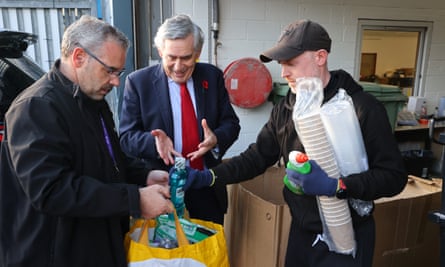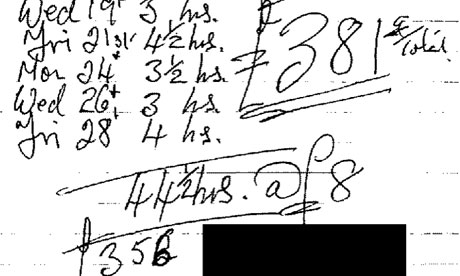Government policy objectives are the goals and targets set by the government to guide their actions and influence the direction of the economy. These objectives typically focus on achieving stable and sustainable economic growth, low inflation, low unemployment, equilibrium in the current account, and promoting social objectives such as reducing inequality and enhancing competitiveness.
Main Macroeconomic Objectives:
Low Inflation: Inflation is the rate at which the general price level of goods and services in an economy rises over time. Low inflation is a primary objective for governments as it helps maintain price stability and the purchasing power of money. Moderate inflation encourages spending and investment, but high and volatile inflation erodes consumer and business confidence and can lead to economic instability.
Low Levels of Unemployment: Governments aim to achieve full employment or the lowest possible level of unemployment in the economy. Low unemployment not only improves the well-being of citizens but also contributes to economic growth by increasing consumer spending and boosting overall productivity.
Sustainable Economic Growth: Sustainable economic growth is an essential objective to ensure long-term prosperity and improved living standards. Steady economic growth allows for more job opportunities, higher incomes, and increased tax revenues for the government. Sustainable growth is typically measured by the annual percentage change in Gross Domestic Product (GDP).
Equilibrium in the Current Account of the Balance of Payments: The balance of payments reflects a country's economic transactions with the rest of the world. Equilibrium in the current account means that the value of exports is equal to the value of imports, indicating a healthy and balanced trade position. Achieving balance in the current account is essential to prevent excessive reliance on foreign borrowing and maintain stability in the economy.
Promoting Social Objectives:
Reducing Inequality: Governments often aim to reduce income and wealth inequality within their societies. Policymakers use progressive taxation, social welfare programs, education and training initiatives, and labor market reforms to address income disparities and create a more equitable distribution of resources.
Enhancing Competitiveness: Competitiveness is crucial for the long-term growth and success of an economy. Governments work to create a conducive business environment, invest in infrastructure, promote innovation, and foster a skilled workforce to enhance the competitiveness of domestic industries in the global market.
Possible Conflicts and Trade-offs:
Inflation-Unemployment Trade-off: There can be a short-run trade-off between inflation and unemployment, as described by the Phillips curve. Policymakers may face the challenge of choosing between policies that aim to reduce inflation and those that aim to reduce unemployment in the short term. However, in the long run, this trade-off disappears, as attempting to keep unemployment below its natural rate may lead to accelerating inflation.
Growth-Inflation Trade-off: Policies aimed at stimulating economic growth, such as expansionary fiscal or monetary policies, may lead to higher inflation. Controlling inflation might require contractionary policies that could potentially slow down economic growth.
External Imbalance and Domestic Goals: Pursuing domestic objectives, such as high economic growth, could lead to imbalances in the balance of payments. For example, strong domestic demand might increase imports and lead to a trade deficit, affecting the equilibrium in the current account.
Competitiveness-Inequality Trade-off: Some policies aimed at enhancing competitiveness may lead to increased income inequality. For instance, labor market reforms that encourage flexibility and wage moderation may result in higher profits for businesses but could lead to stagnant wages for workers.
Government Efforts to Achieve Objectives:
Governments use a mix of policy tools to pursue their objectives:
Monetary Policy: Central banks use monetary policy to control the money supply and influence interest rates, aiming to achieve price stability and economic growth.
Fiscal Policy: Governments use fiscal policy to influence the economy through changes in taxation and government spending. Fiscal policy can be expansionary or contractionary, depending on the economic conditions and policy objectives.
Exchange Rate Policy: Governments may use exchange rate policies to manage their external trade position and support domestic industries' competitiveness.
Social Welfare Programs: Governments implement various social welfare programs, such as unemployment benefits, education subsidies, and healthcare services, to address inequality and improve social well-being.
Conclusion:
Government policy objectives encompass macroeconomic goals such as stable economic growth, low inflation, low unemployment, and equilibrium in the balance of payments. Additionally, they include social objectives like reducing inequality and enhancing competitiveness. Policymakers face trade-offs and challenges when pursuing these objectives, and they must carefully balance their policy choices to achieve overall economic stability, growth, and social well-being. Effective coordination of various policy instruments is crucial to ensure that both macroeconomic and social objectives are achieved harmoniously.



